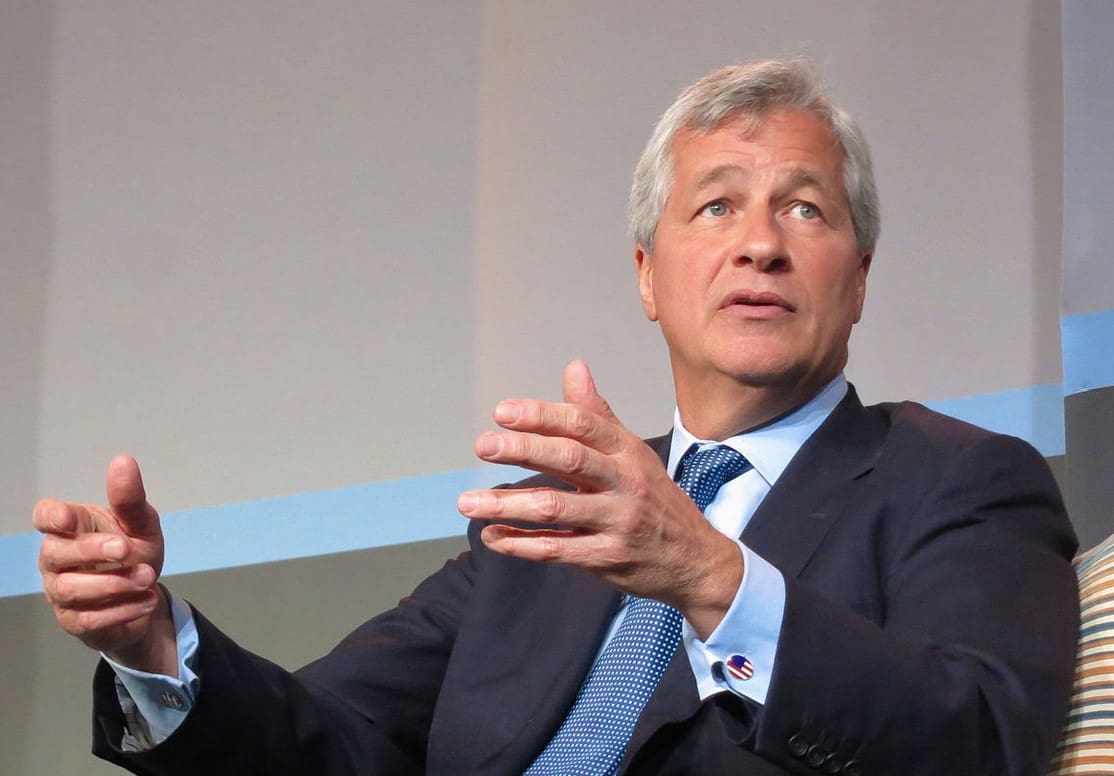Economists and JPMorgan Chase CEO Jamie Dimon share concerns regarding the $20 trillion commercial real estate (CRE) industry in the United States. During his company’s shareholder meeting, Dimon warned about the repercussions of the regional banking crisis on commercial real estate lending. Deposit runs have already led to the collapse of three U.S. banks this year, and now there is a growing crisis in the commercial real estate sector.
At his bank’s investor conference, Dimon acknowledged the potential risks in the real estate market. He highlighted areas where the impact might be felt, such as certain office properties and construction loans. However, he emphasized that the crisis would likely be isolated and not affect every bank.
In recent years, U.S. banks have experienced historically low loan defaults due to low interest rates and the influx of stimulus funds during the Covid-19 pandemic. But with the Federal Reserve raising rates to combat inflation, the landscape has changed. Some markets, particularly those with a strong tech presence like San Francisco, may face challenges as remote workers hesitate to return to offices.
Dimon acknowledged the inevitability of a credit cycle but believed it would be relatively normal, except for the real estate sector. He mentioned that if unemployment rose significantly, credit card losses might reach 6% or 7%, which is lower than the 10% experienced during the 2008 crisis.
Moreover, Dimon urged banks, especially smaller ones affected by recent industry turmoil, to prepare for higher interest rates than expected. He suggested that rates could rise to 6% or 7%. The failure of Silicon Valley Bank earlier this year was partly attributed to mismanagement of interest-rate risks, as concluded by the Fed.
To mitigate potential losses and comply with regulations, the industry is already bolstering its capital reserves and reducing lending activity. Dimon noted that credit is already tightening as banks find it easier to retain capital by refraining from making new loans.
